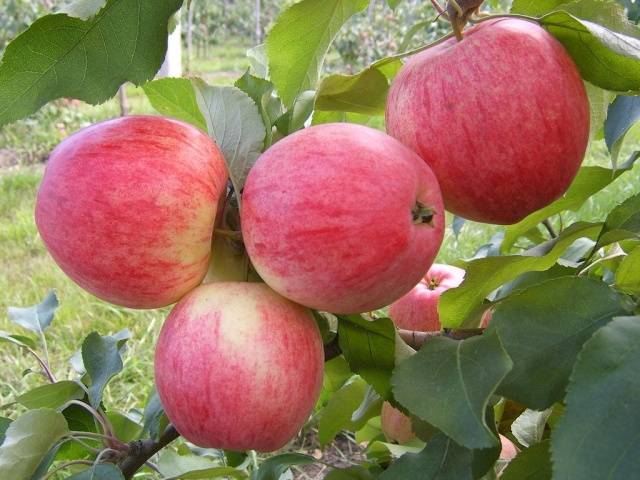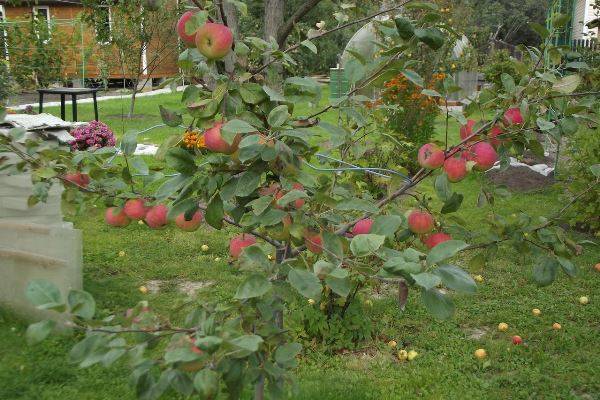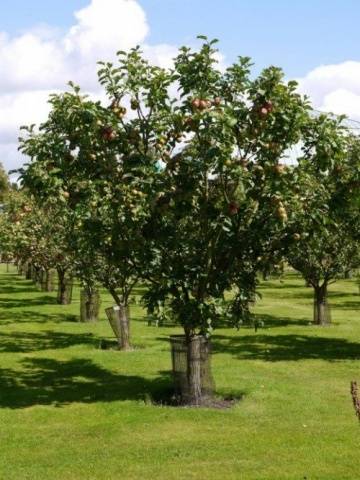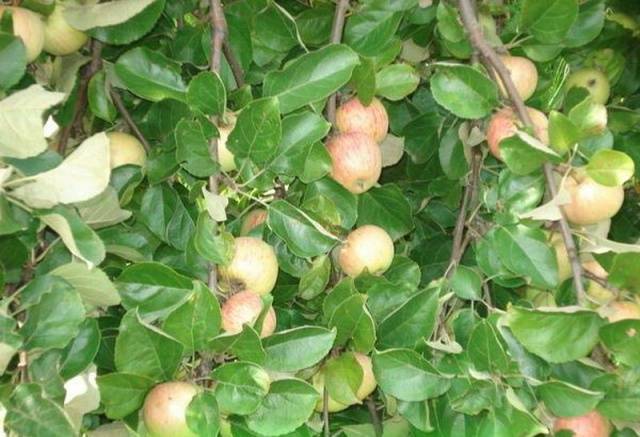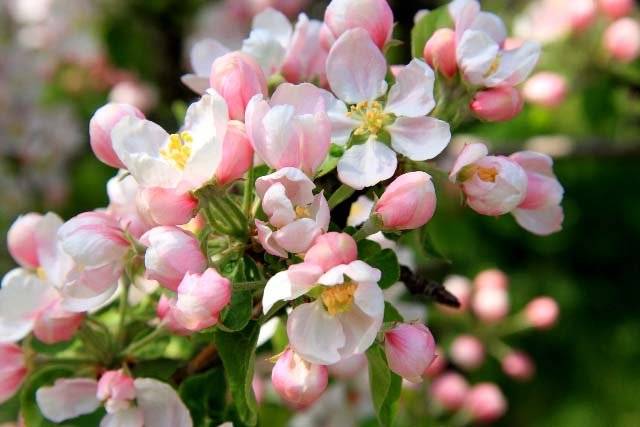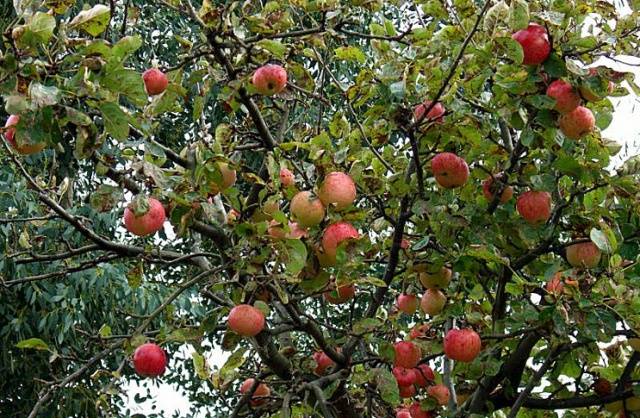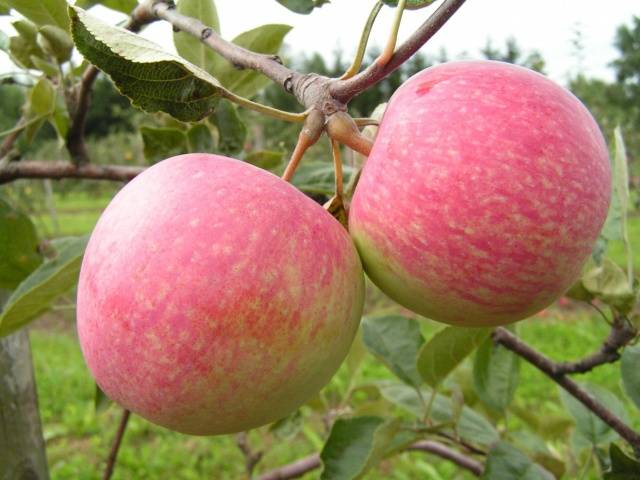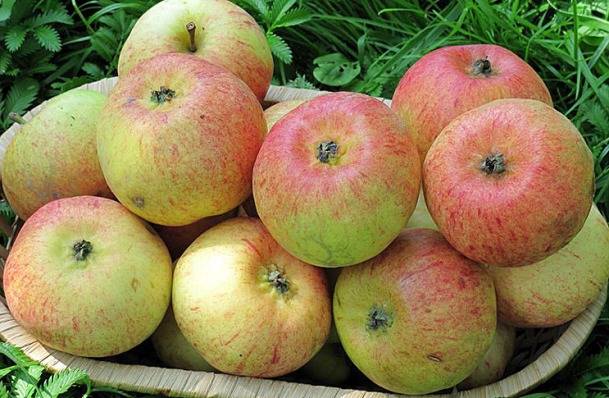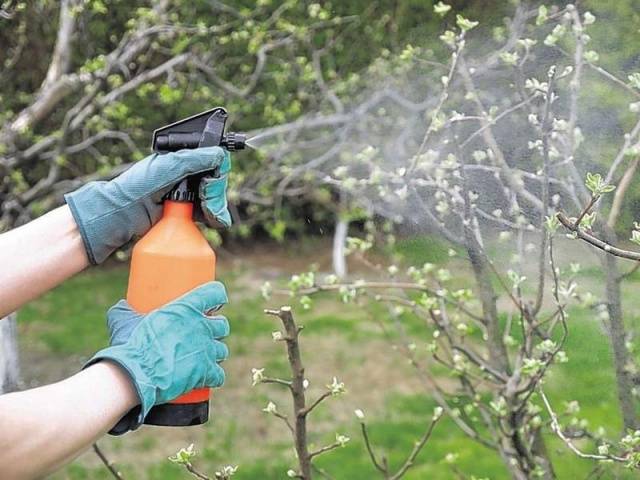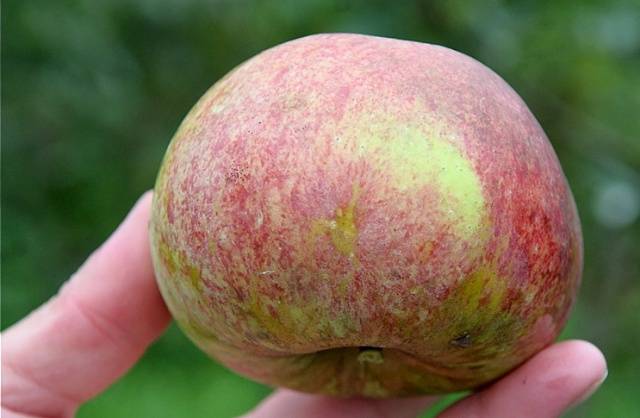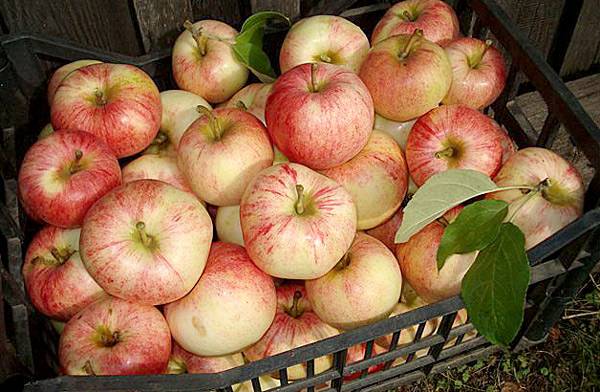Content
Apples are loved and grown in many countries of the world, but in Russia there are unique varieties, which cannot be found in any other country in the world. An example is the candy apple variety, the very name of which already says a lot about itself. The taste of the fruits of this variety is very popular not only for children, but also for adults with a sweet tooth. To some, it resembles pineapple, to others, ripe bananas, and most agree that these apples may well replace candy.
Apple tree Candy is a very curious variety that has many features, and is far from known to everyone due to the fact that it has not been zoned for industrial use. But those who have ever come across this variety are unlikely to cheat on it, despite the fact that it also has some significant disadvantages.
History of origin
Back in the 40s of the XX century in Michurinsk at the Institute of Horticulture, this variety was bred by a group of scientists Z. Ivanova, M. Maksimov and V. Zaets under the leadership of the famous biologist-breeder S. I. Isaev.
It was obtained by crossing old Russian varieties of folk selection Papirovka and Korobovka. Although they have been known for at least several centuries, they still remain promising varieties for amateur gardens. Already after the war, in the early 70s, state tests of the Candy variety began. But due to some difficulties in the formation and maintenance of the crown, and, most importantly, short storage and unsuitability for transportation of the fruits of this apple tree, the variety was never zoned. At the same time, many amateur gardeners are happy to grow the Candy apple tree on their plots and love it for its unpretentiousness and amazing, incomparable taste of apples.
As a result Apple tree varieties Candy is not at all a rarity in many orchards of Belarus, Ukraine, the European part of Russia, but it is also found even beyond the Urals, in some regions of Siberia. There are several synonymous names for this variety: Summer Ranet or Candy Ranet, and people often call these apple trees simply Sweetie.
Description of the variety
The trees of the Candy apple tree themselves are tall by their nature. In the first three years of life, they grow and develop very quickly, and reach a height of three meters. Then the growth rate slows down somewhat and the total height of the tree in adulthood does not exceed 5 meters.
But at the same time, the height of the tree depends entirely on the stock on which this variety is grown. In modern times of love for compact and small trees, apple trees of this variety are often grown on a dwarf rootstock. Of course, in this case, the height of the tree may well keep within 1.7-1.8 meters, and most importantly, the tree will be able to bear fruit on a dwarf rootstock literally in the second year after planting. But novice gardeners need to understand that trees growing on dwarf rootstocks have a much more capricious character and require more careful care than ordinary ones. Due to the small root system, they are very unstable, therefore they require obligatory, strong support, regular watering, fertilizing and the fight against weeds.
In this case, the tree is unlikely to exceed the mark of three meters, and the first fruits can also bear quite early - 2-3 years after planting, but the root system will be somewhat more stable, although the apple tree will still need increased attention from the gardener.
Apple trees of the Kandytnoye variety have a powerful and spreading crown in an adult state. But in the first years of life, the branches grow mainly upward and at a slight angle from the trunk, so the crown has a narrowed shape. Pruning plays an important role in the life of the Candy apple tree - it allows you to form a beautiful, oval-shaped crown, and prevent thickening of the branches, which can lead to many diseases. In addition, regular pruning promotes annual fruiting and has a positive effect on fruit size - they do not shrink with age.
The shoots are flexible and durable, able to bear the weight of a bountiful harvest and not break. The branches are distinguished by an abundance of foliage. The leaves themselves are leathery, firm, dark green, medium-large in size.
The candy apple tree blooms in small white-pink inflorescences in May. In terms of ripening, the variety belongs to the summer, depending on the amount of heat and sunlight, apples can be picked one of the first in the summer season, already at the end of July or at the beginning of August. Moreover, like some summer varieties, the Candy apple tree has such a feature - its fruits can be eaten even at the stage of the so-called technical maturity, when they have already reached the size required for the variety, but have not yet turned into the required color. At this stage of ripening, they are already very tasty and sweet, but at the same time they are still fresh and juicy.
As noted above, the timing of the entry of the apple tree into fruiting depends to a large extent on the rootstock. On ordinary vigorous rootstocks, the first fruits may appear only in the 4-5 year of the tree's life.
The Candy Apple tree is a partially self-pollinated variety, therefore, for additional pollination and, as a result, obtaining a good harvest, it is desirable that apple trees grow nearby with the same flowering periods.
Listed below are the main apple varieties that might be the best pollinators for the Candy apple tree.
- Anise pink-striped;
- Melba;
- Glory to the Winners;
- Folding;
- Early red;
- Orlovim;
- Stark John Grimes;
- Golden Chinese woman;
- Belevoe;
- Yandykovskoe.
And in terms of productivity, the Candy apple tree can surprise an inexperienced gardener. Already at the age of five, it can produce 40-50 kg of apples from one tree. For an adult ten-year-old tree, 100 kg is not at all the limit of its yield.
Frost resistance plays an important role in the description of the variety. The candy apple tree can withstand up to -28 ° C, having average frost resistance indicators, but the peculiarity of this variety is the fact that even after the most severe winters the tree is able to recover, bloom and give growth. The candy apple tree is also unpretentious in other conditions of detention, it can resist various diseases and pests well.
In rainy years, this can be a problem, therefore, mandatory prophylactic treatment with copper-containing antifungal drugs is necessary.
Fruit characteristics
The shape of Candy apples is rounded with a slight ribbing. Most apples grow to the same shape and size. The mass of apples is usually small, 70-80 grams, but when grown on a dwarf rootstock, the mass of fruits can increase up to 200 grams. The skin is smooth with very little waxy bloom.
Apples look very attractive too. The main color of apples is bright yellow, but with a sufficient amount of sunlight, a red-crimson blush appears on the fruits in the form of bright strokes.
Apples got their name due to their honey-candy taste.Despite the fact that experts estimate the taste of apples at 4.0, in terms of the sugar content, few apple varieties can compare with Candy. The ratio of sugar to acid is 46. And apples contain more than 10% pure sugar. For this reason, apples are ideal for making fruit wine or apple cider. And other preparations, such as jams, preserves, confitures, made from Candy apples are very popular. Since, in addition to the fact that they practically do not need to add sugar, they have an indescribable delicate aroma.
A special advantage of apples, among other characteristics, is that they firmly hold on to their branches and therefore the tree practically does not have a volunteer. By the way, it is necessary to pick apples either from the stairs, or with the help of a special fruit picker. Since shaking off the fruits is difficult and does not make any sense, they will not be stored at all.
In general, the shelf life of Candy apples is short - 2-3 weeks in a regular room, and up to 1.5 months in the refrigerator.
Planting and leaving
Planting apple trees of the Kandytnoye variety does not fundamentally differ from other apple trees. And in caring for this tree, you need to be especially careful about only two procedures: pruning and processing against scab.
Pruning should be done annually in the spring before bud break and is equally important for young trees as well as old ones. Otherwise, the apple tree will bear fruit only after a year.
For the prevention of scab, it is important every year to carefully remove the foliage from under the trees, and in early spring to spray the crown of the tree with antifungal drugs.
Gardeners reviews
Reviews about the Candy apple variety, description and photo which are presented above are mostly favorable. After all, this variety is ideal for home gardens, when fruiting is stretched and apples can be gradually eaten directly from the tree, and, if necessary, made the necessary sweet preparations.
Conclusion
Apple tree Candy is not for nothing that it serves as a continuation of the old varieties of folk selection. Despite some shortcomings, the love of the people for her is unlikely to dry out, because in our cold climate, she is a supplier of the sweetest and juiciest fruits that may well compete with overseas delicacies.
